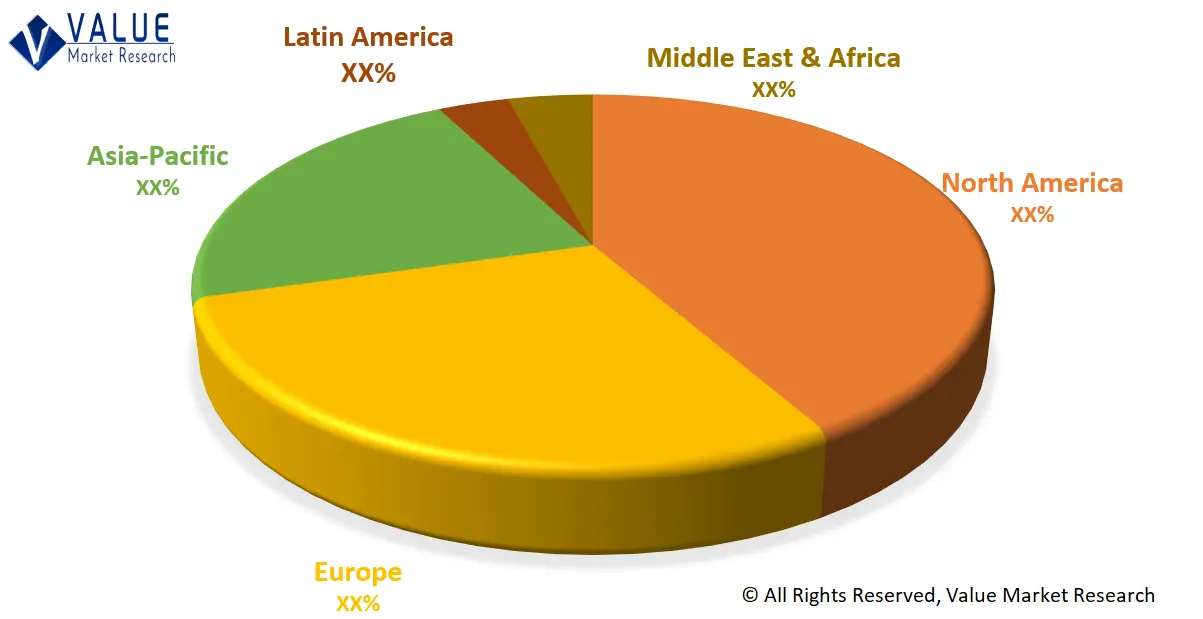The global demand for Data Center Colocation Services Market is presumed to reach the market size of nearly USD XX MN by 2028 from USD XX MN in 2021 with a CAGR of XX% under the study period 2022 - 2028.
A colocation data centre is a physical facility that provides computing hardware and servers with adequate power, cooling, and security. Cabinets, cages, and private suites are all part of this capacity. Data centres have the computing resources to handle massive data analytics workloads, particularly in software-defined data centres (SDDCs), which may provide scalable virtualized server options at a low cost. Colocation providers frequently lease space to tenants seeking colocation services, such as network providers, cloud providers, and enterprises. These tenants can then connect to one another and conduct business within the colocation data centre, thus enabling businesses to centralize their IT operations and build a cost-effective architecture.
Market Dynamics
Organizations are turning to colocation data centres to extend their network's reach and capabilities all across the globe. Colocation services offer multitudes of benefits like a high-performance environment for mission-critical IT infrastructure, dedicated, private connections for multiple networks, cloud, and IT service providers that help clients streamline their architecture and 100 per cent service level agreement (SLA). In addition, an upsurge in the requirement of scalable data centres, lower overall IT expenditure, and increasing data centre complexities are promoting the development of the colocation services market. Colocation product trends that attempt to seamlessly integrate hyper-scale and edge data centres to support new applications for Artificial Intelligence (AI), Internet of Things, autonomous vehicles, big data, and so forth significantly meet the market's growth. Amidst the Covid-19 pandemic, colocation is becoming an increasingly important part of staying connected, collaborating, and moving forward cost-effectively and safely. Data is being used in healthcare to study patient outcomes, and forecast disease spread using AI.
The research report covers Porter's Five Forces Model, Market Attractiveness Analysis, and Value Chain analysis. These tools help to get a clear picture of the industry's structure and evaluate the competition attractiveness at a global level. Additionally, these tools also give an inclusive assessment of each segment in the global market of data center colocation services. The growth and trends of data center colocation services industry provide a holistic approach to this study.
Market Segmentation
This section of the data center colocation services market report provides detailed data on the segments at country and regional level, thereby assisting the strategist in identifying the target demographics for the respective product or services with the upcoming opportunities.
By Type
- Retail Colocation
- Wholesale Colocation
By End-User
- Small And Medium-Sized Enterprises (Smes)
- Large Enterprises
By Industry
- Banking, Financial Services, and Insurance (BFSI)
- IT And Telecom
- Government and Defense
- Healthcare
- Research and Academics
- Retail
- Energy
- Manufacturing
- Others
Regional Analysis
This section covers the regional outlook, which accentuates current and future demand for the Data Center Colocation Services market across North America, Europe, Asia-Pacific, Latin America, and Middle East & Africa. Further, the report focuses on demand, estimation, and forecast for individual application segments across all the prominent regions.
Global Data Center Colocation Services Market Share by Region (Representative Graph)

The research report also covers the comprehensive profiles of the key players in the market and an in-depth view of the competitive landscape worldwide. The major players in the data center colocation services market include China Telecom Corp. Ltd., CoreSite Realty Corp., CyrusOne, Inc., Cyxtera Technologies, Inc., Digital Realty Trust, Inc., Equinix, Inc., Global Switch, NaviSite, NTT Communications Corp., Telehouse. This section consists of a holistic view of the competitive landscape that includes various strategic developments such as key mergers & acquisitions, future capacities, partnerships, financial overviews, collaborations, new product developments, new product launches, and other developments.
In case you have any custom requirements, do write to us. Our research team can offer a customized report as per your need.

